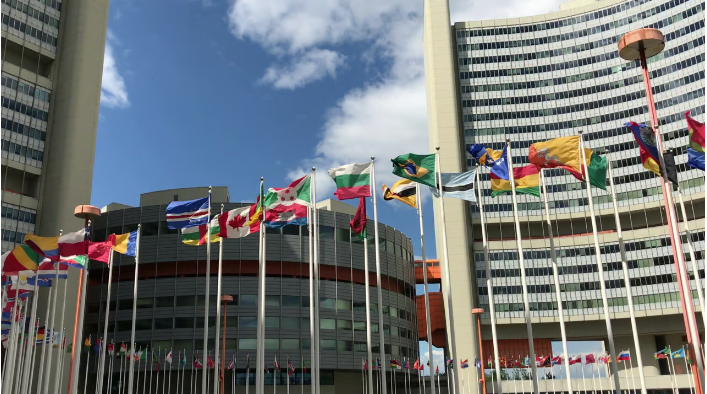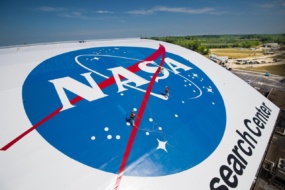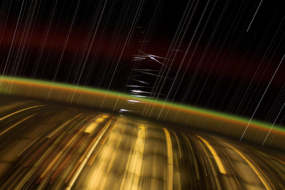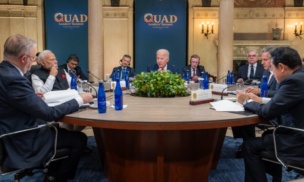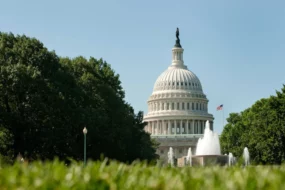The United Nations gave an update on a new group studying guidelines for the sustainable use of space in a conference room paper released June 2 at the 66th session of the UN’s Committee on the Peaceful Uses of Outer Space (COPUOS), which will conclude Friday in Vienna.
What it is: The COPUOS Scientific and Technical Subcommittee includes a “LTS 2.0” working group, which is a follow on to the “LTS 1.0” working group that worked for over a decade on the voluntary 21 guidelines of the long-term sustainability of outer space that were adopted in 2019.
The working group will write a report on three main topics:
- Challenges with implementing international guidelines in orbit
- Lessons learned from the implementation of the 2019 guidelines
- Recommendations for future work for the subcommittee
What it’s not: The paper stressed that the aim of the working group is not to negotiate or draft new guidelines, but rather to focus equally on all three lines of effort, including a final report that details topics or thematic areas that could benefit from the establishment of new guidelines.
“If the subcommittee decides that developing new guidelines is an appropriate way forward, a future working group could be established with a terms of reference, methods of work, and workplan tailored to address consideration of these possible new areas for guidelines,” the paper says.
Top issues: The paper lays out two main types of challenges likely to be addressed by the working group: areas where guidelines already exist but there are questions or disagreements about how to implement them, and new areas where there are not yet recommendations.
Who? The UN conference room paper, which was submitted by Canada, France, Germany, Italy, Japan, Luxembourg, New Zealand, the United Kingdom and the US, is intended to serve as a focal point for discussions at the current session.
